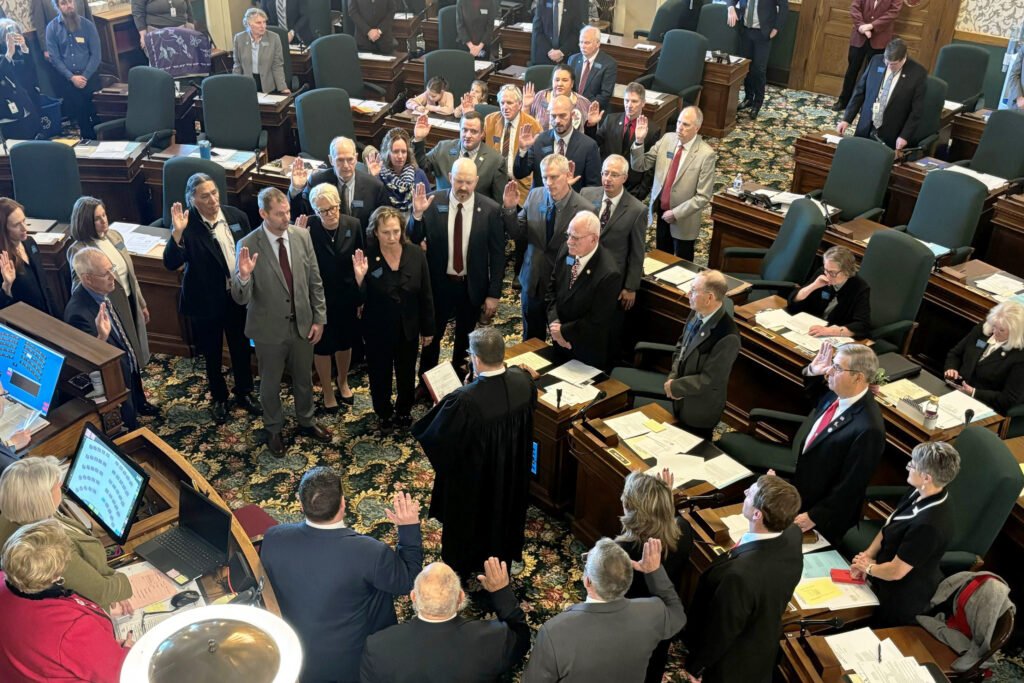The 2025 Montana Legislature is gearing up for a major health care debate, with the fate of the state’s Medicaid expansion program hanging in the balance. The program currently covers the medical expenses of over 75,000 low-income Montanans at an annual cost of approximately $1 billion to both the federal and state governments. Legislative leaders are expecting a contentious discussion on whether to keep the program, as well as how it ties into other health policy decisions such as funding for Montana’s behavioral health system and the regulation of hospital tax-exempt status.
The Medicaid expansion program was initially implemented in 2015 for a four-year period, and was renewed in 2019 with a last-minute amendment setting an end date of June 30, 2025. With Republicans holding strong majorities in both the state House and Senate, there is skepticism among GOP lawmakers about the program’s continuation. Governor Greg Gianforte, a Republican, has included funding for Medicaid expansion in his proposed budget, but has expressed the desire for strong work requirements for able-bodied adults without dependents participating in the program.
Democrats argue that Medicaid expansion has been successful in providing coverage for low-income individuals, supporting rural health care providers, and injecting hundreds of millions of federal dollars into Montana’s economy. They plan to introduce a bill to make the expansion permanent and remove work requirements and premiums. However, Republicans are pushing for additional conditions for enrollees and providers, such as work requirements and premiums.
The expansion debate is also expected to intersect with discussions on other health care issues, such as the oversight of nonprofit hospitals benefiting from the program, the funding of behavioral health system improvements, and proposed bills on abortion. Despite a recent statewide vote making abortion a right under the Montana Constitution, Republicans are still likely to pursue abortion restrictions.
As the 2025 Montana Legislature convenes, the future of the Medicaid expansion program remains uncertain, with lawmakers on both sides of the aisle gearing up for what is sure to be a heated and complex debate.


